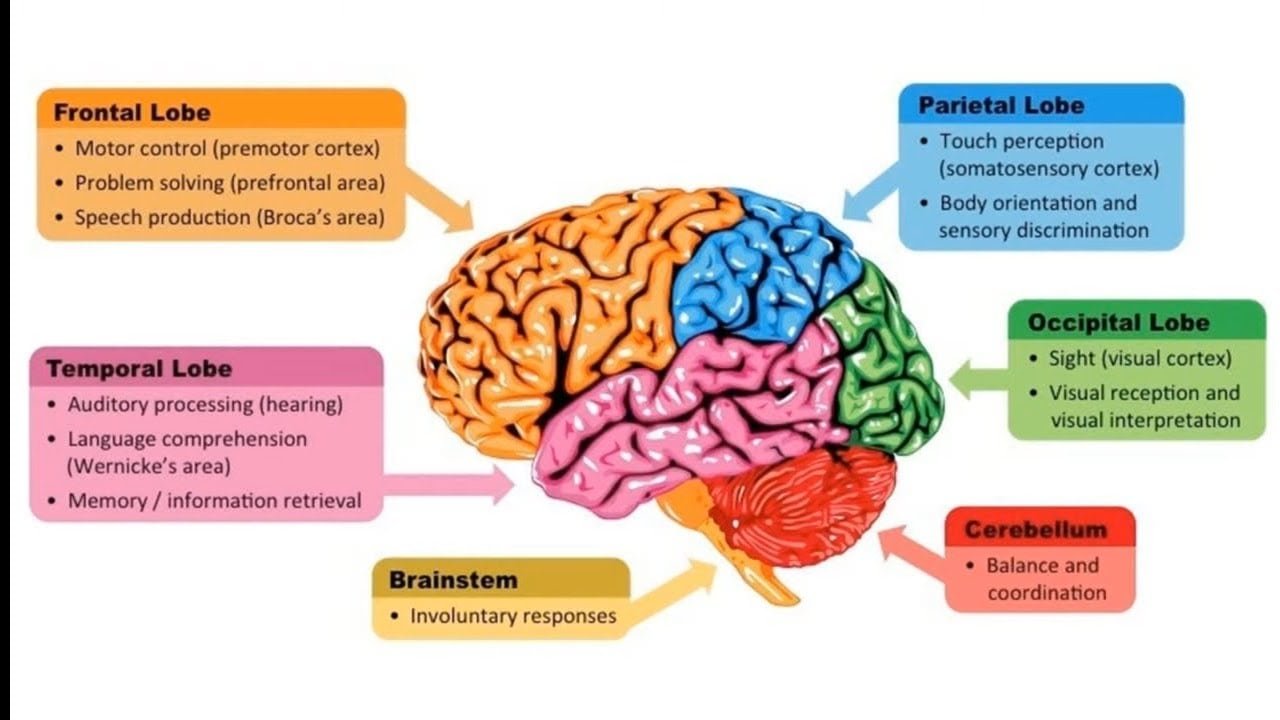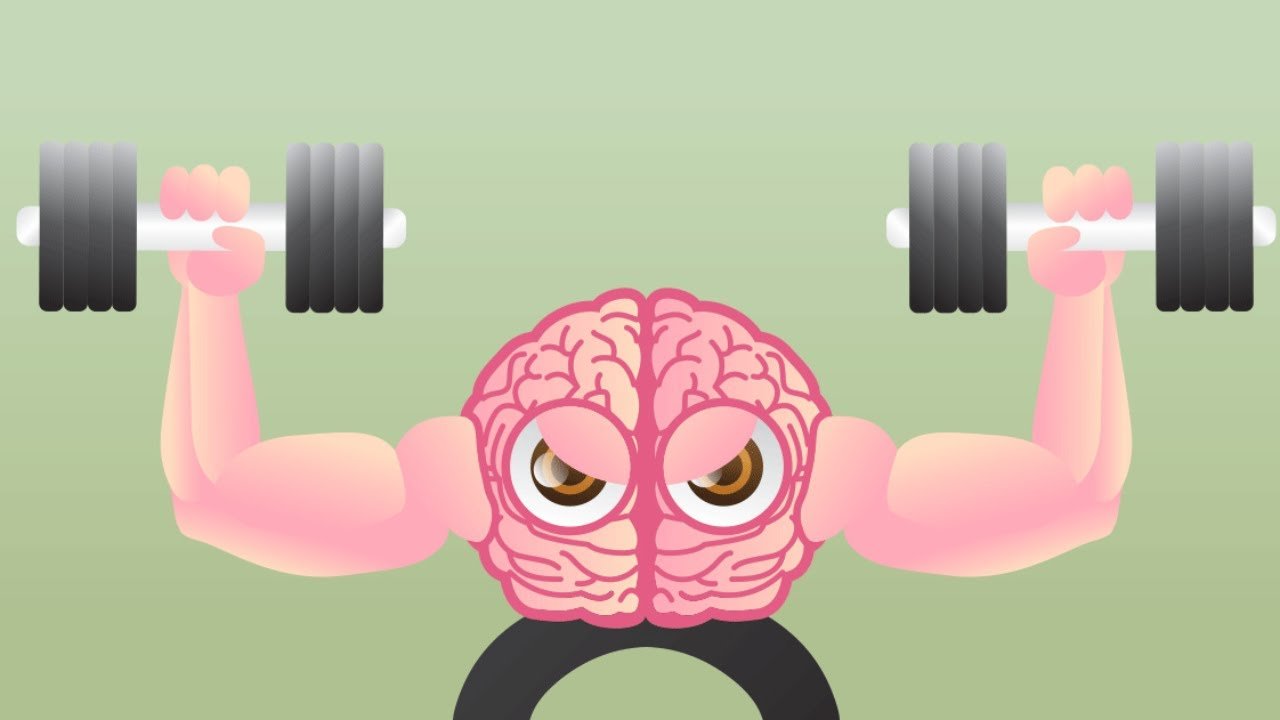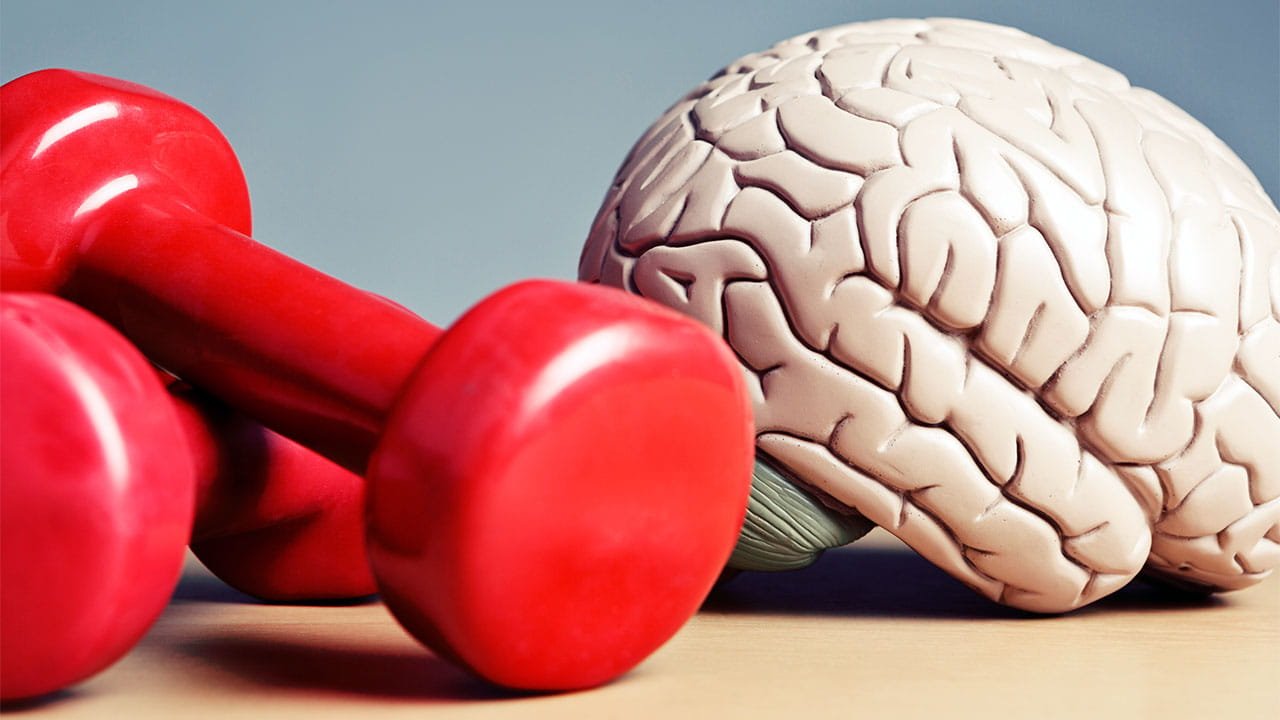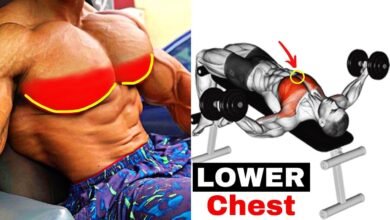Is the Brain a Muscle? The human mind, a complex organ at the helm of all our minds, feelings, and behaviours, often suffers from many myths and misconceptions. One not unusual, however inaccurate comparison is likening the brain to a muscle. While helpful in the knowledge of positive components of brain features, using or losing them, this analogy fails to seize the complex reality of neural operations. In this text, we can make everyday myths about the brain, clarifying why it’s far more significant than any muscle.

1. Myth: The Brain Works Like a Muscle
Understanding Brain Plasticity
Is the Brain a Muscle? Contrary to the notion that the mind strengthens through workout as muscle mass does, mind plasticity refers to the brain’s ability to reorganize itself by forming new neural connections. This method is stimulated by various factors, gaining knowledge of, experience, and even injury, highlighting the mind’s precise adaptability, which muscle groups do not percentage.
The Differences Between Brain and Muscles
Is the Brain a Muscle? Muscles grow in length and electricity through repetitive bodily workouts, which involve restoring and growing muscle fibres. The brain, however, does not grow in the same way as a mental exercise. Instead, it will become extra green when making connections or may additionally regulate the strength of current ones.
2. Myth: More Gray Matter Means More Intelligence
What Gray Matter Does
Grey count number, composed of neuron mobile bodies and dendrites, is critical for processing statistics in the brain. However, having extra grey be counted does not, without delay, correlate with better intelligence. Cognitive talents result from complex interactions within networks spread for the duration of the mind, not merely the quantity of grey matter.
Intelligence: A Multifaceted Concept
Is the Brain a Muscle? Insight incorporates different mental methods, including critical thinking, profound skill, inventiveness, and memory. It is determined with a combination of genetic, environmental, and educational elements, making it simplistic to attribute to the quantity of grey I rely on myself.

3. Myth: Brain Damage is Always Permanent
The Brain’s Remarkable Recovery Abilities
Is the Brain a Muscle? While certain varieties of mind harm may be irreversible, the brain’s ability for neuroplasticity allows for massive recovery and rehabilitation potential. Individuals can regain or catch up on lost features through therapy and education, underscoring the mind’s resilience.
Stories of Neuroplasticity
Is the Brain a Muscle? Numerous case research and personal money owed testify to the mind’s ability to evolve and rewire after harm, challenging the belief of permanent damage. This adaptability is a testimony to the mind’s uniqueness from muscular tissues, which may not recover from intense harm.
4. Myth: We Only Use 10% of Our Brain
Debunking the Myth with Neuroscience
Is the Brain a Muscle? Modern neuroscience has unequivocally debunked this myth. Brain imaging technologies reveal that we use each part of our brain, and most of the brain is energetic nearly all the time, even during simple duties or at rest.
The Brain’s Full Potential
The false impression might also stem from a sarcasm of the brain’s skills. The brain’s ability is substantial and no longer restricted to a negligible fraction of its capability. This fantasy underplays the complexity and efficiency of mind features.
5. Myth: Brain Games Significantly Boost Intelligence
The Truth About Brain Training
While mind games can improve specific cognitive skills, including reminiscence or attention, evidence supporting their effect on standard intelligence is limited. Cognitive enhancement is correctly executed via comprehensive intellectual sports and getting to know new competencies.
Effective Ways to Enhance Cognitive Function
Engaging in numerous stimulating sports, which includes getting to know a brand new language, gambling, a musical tool, or physical exercise, has been shown to have a more profound effect on cognitive function than brain games alone.

6. Myth: Bigger Brains Are Better
The Size-Function Fallacy
The notion that a bigger brain equates to better intelligence is a simplification. Brain efficiency, connectivity, and different factors play more significant full-size roles in cognitive abilities than size on my own. Some of the sector’s most intelligent species do not have the most critical brains.
The Role of Brain-to-Body Ratio
The brain-to-body ratio is more applicable when considering brain efficiency and intelligence across unique, including elusive people. This ratio of money owed for the energy demands of a massive brain relative to the body’s length.
7. Myth: The Brain is Hard-Wired and Unchangeable After Childhood
The Ongoing Nature of Brain Development
Contrary to the perception that the brain’s shape is constant after a positive age, neuroplasticity keeps at some stage in lifestyles. Adults can examine new capabilities, adapt to new situations, or recover from brain accidents, proving the brain’s enduring flexibility.
Examples of Lifelong Neuroplasticity
From getting to know a new device to mastering a new language, grownup brains always exhibit the capability to evolve and develop, showcasing the lifelong capability for trade and improvement.
8. Myth: Alcohol Kills Brain Cells
Alcohol’s Effect on the Brain
While excessive alcohol intake can have unfavourable effects on the mind, including impairing cognitive functions and coordination, it no longer, without delay, kills mind cells. The damage is more significant often because of the disruption of mind features and neuroplasticity.
Separating Fact from Fiction
Is the Brain a Muscle? Moderate alcohol use does not necessarily cause mind cellular dying; however, it can affect the brain’s shape and function through the years. The key is moderation and expertise in the risks related to immoderate consumption.
9. Myth: IQ Tests Measure Your Intelligence Accurately
The Limitations of IQ Tests
Is the Brain a Muscle? IQ exams determine specific cognitive capabilities, such as logical reasoning, math skills, and language comprehension. However, they do not capture the whole spectrum of human intelligence, including emotional intelligence, creativity, or realistic hassle-fixing.
Broader Understanding of Intelligence
A complete view of intelligence recognizes the variety of cognitive abilities and the numerous ways they can be manifested and implemented in actual-lifestyles scenarios. IQ is considered one of many tools to degree cognitive skills.
10. Myth: A Quiet Brain is a More Efficient Brain
The Brain’s Default Mode Network
Is the Brain a Muscle? Ongoing exploration uncovers the significance of the cerebrum’s default mode organization, which is dynamic during rest and engaged with staring off into space, arranging, and reflecting. This organization assumes a vital part in imagination and critical thinking.

The Value of Daydreaming and Rest
Far from being inefficient, a brain that engages in periods of rest and daydreaming facilitates creativity, learning, and memory consolidation. This underscores the dynamic nature of brain activity and its efficiency in various states.
Conclusion: Embracing the Brain’s True Nature
Is the Brain a Muscle? Moving past these myths enables us to admire the brain’s abilities and complexity. Understanding the actual nature of our brains empowers us to nurture our intellectual health, enhance our cognitive competencies, and include entirely the incredible organ that defines a lot of our human experience.
FAQs about Is the Brain a Muscle
Is it too late to improve my brain fitness after a positive age?
No, it's never too past due. The mind can increase and exchange throughout existence, and engaging in mentally stimulating activities can beautify brain fitness at any age.
Do all parts of the mind have a particular feature?
While many mind regions have diagnosed features, the brain works most efficiently via the interconnected pastime from various areas, emphasizing its included nature.
Can mind harm from substance abuse be reversed?
Some styles of mind harm because of substance abuse can be, as a minimum, partially reversed with abstinence, rehabilitation, and treatment, highlighting the mind's resilience.
How can I improve my brain health?
Maintaining a wholesome way of life that consists of regular physical workouts, a balanced eating regimen, intellectual stimulation, social interplay, and sufficient sleep is fundamental to helping brain fitness.





